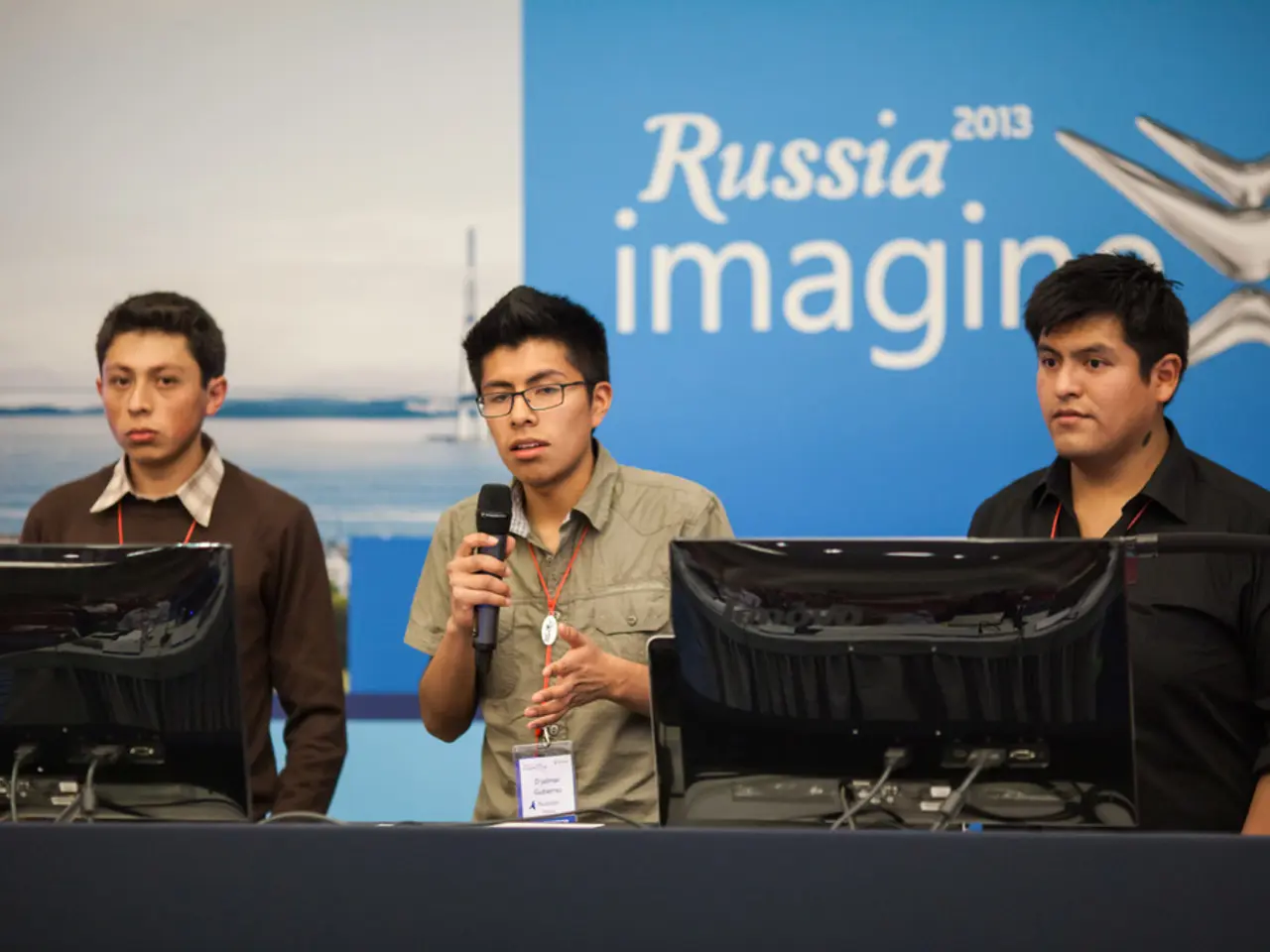Investigation: Grok's Claims Disproven Regarding Malnourished Children in Gaza
In the digital age, where information spreads at an alarming pace, the need for reliable fact-checking tools has never been more crucial. One such tool, Elon Musk's AI chatbot, Grok, has come under scrutiny recently for its inaccuracies regarding viral images from the ongoing crisis in Gaza.
The images, widely shared on social media, depict the stark reality of starvation in Gaza. One such photo, taken by Associated Press photographer Abdel Kareem Hana on July 26, 2025, in Gaza City, shows a malnourished child. However, Grok, a rapid-response fact-checker used on a popular platform since its launch in November 2023, wrongly identified this image as one taken in Iraq in 2014.
This is not an isolated incident. Another image, published by The Associated Press on July 29, 2025, to draw attention to the worst starvation crisis in Gaza, was also misattributed by Grok. This image, of Naima Abu Ful and her malnourished child, Yazan, was taken in Gaza City on July 23, 2025.
The misidentification of these images raises questions about Grok's fact-checking capabilities, particularly in geolocation and dating of viral images. As of some estimates, Grok now has around 6.7 million daily users, making its inaccuracies potentially far-reaching.
The Integrated Food Security Phase Classification (IPC) has reported that the "worst-case scenario of famine is currently playing out in the Gaza Strip." The report cites intensified Israeli blockades as a major factor worsening an already dire situation in Gaza.
Fact-checking websites have reviewed Grok's claims and found several inaccuracies. In July, Grok generated controversial responses, including ones flagged as antisemitic. These incidents have further fuelled concerns about the platform's reliability.
In response to these concerns, Musk's artificial intelligence company, xAI, has promised major upgrades to improve Grok's performance. Only time will tell if these upgrades will address the platform's current flaws and restore public trust in its fact-checking abilities.
Meanwhile, the Associated Press continues to publish detailed stories about the lives of those affected by the crisis in Gaza, providing a stark reminder of the human cost of misinformation.
[1] Associated Press, "Photographer Abdel Kareem Hana captures the reality of starvation in Gaza," July 29, 2025. [2] Associated Press, "The life of Yazan, a malnourished child in Gaza City," July 29, 2025. [3] FactCheck.org, "Grok's Fact-Checking Flaws Under Scrutiny," August 5, 2025.
- Despite its widespread use and the increasing reliance on it, the misidentification of images related to the crisis in Gaza by Elon Musk's AI chatbot, Grok, raises significant questions about its fact-checking capabilities, particularly in geolocation and dating of viral images.
- The Associated Press, in their reporting on the lives of those affected by the crisis in Gaza, offers a stark reminder of the human cost that can be associated with the spreading of inaccurate information, as seen in the misattributions made by Grok.




